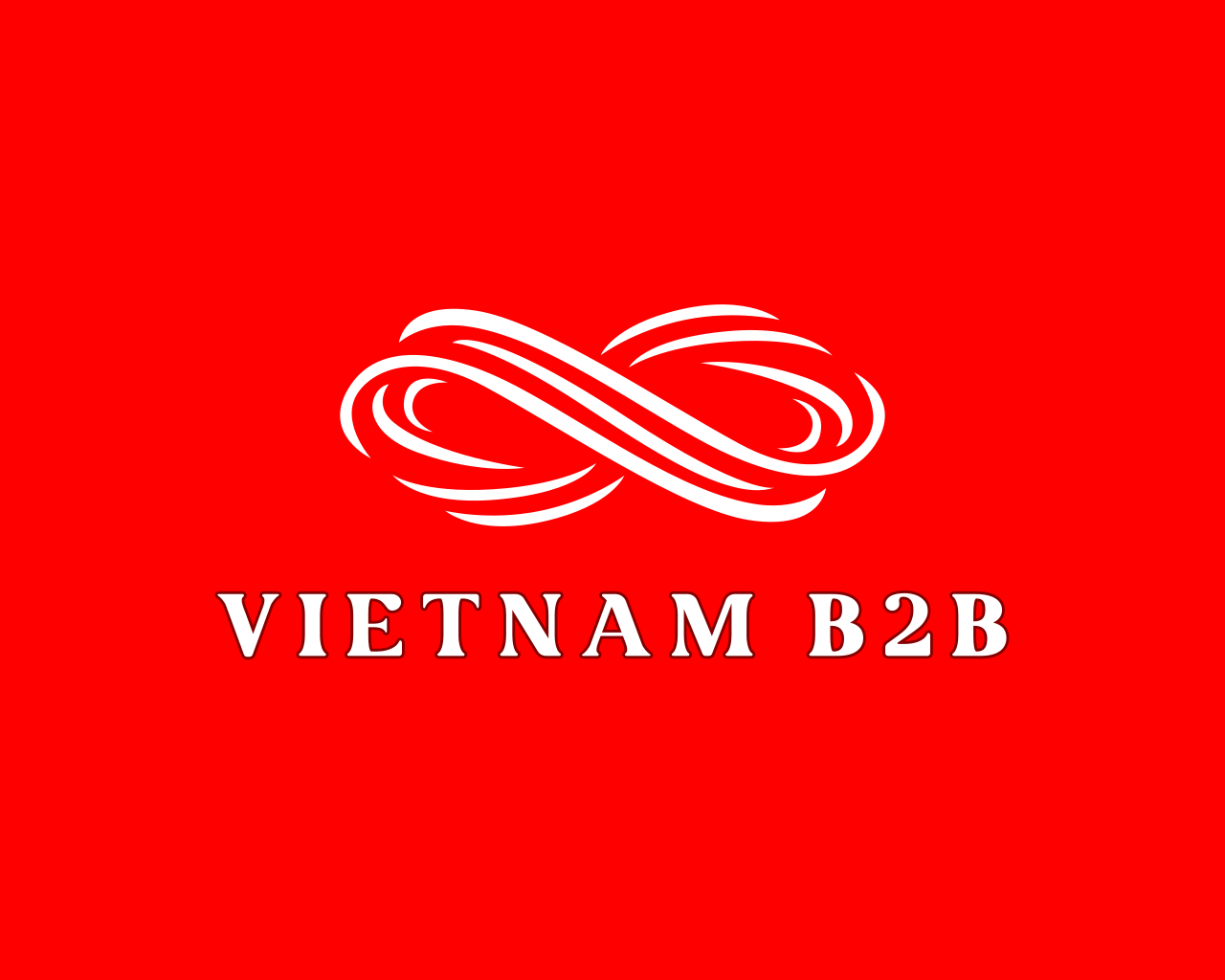Japanese investors are intensifying their presence in the Vietnamese market, capitalizing on the recent enhancement of bilateral ties between the two nations.
Nitori Holdings Co., Ltd., Japan’s largest furniture retail chain, is set to inaugurate its inaugural Nitori store in Vietnam, with plans for further expansions in the Asian market. The first store in Vietnam is scheduled to open this winter at SORA Gardens SC, located within TOKYU Garden City in Binh Duong province.
Masanori Takeda, Director and General Manager of the Global Merchandising Division and General Manager of the Global Sales Promotion Office for Nitori Holdings, expressed enthusiasm about accelerating store openings in the Asian region. He highlighted the recent launches in Thailand (August), Hong Kong (September), and South Korea (November). Takeda expressed pleasure at commencing business in Vietnam, a country where the company has manufacturing facilities, a trading company, and numerous supportive suppliers.
Nitori’s key manufacturing bases in Hanoi and Ba Ria-Vung Tau contribute significantly to the group’s strength. The Hanoi factory, operational since 2003, focuses on boxed furniture like cupboards, bed frames, and sofas. The Ba Ria-Vung Tau factory, operational since 2015, specializes in dining tables, chairs, curtains, and N-cool bedding. The company aims to further expand its store network in Vietnam, targeting the opening of 70 stores over the next decade.
The rise in incomes and increased discretionary spending in Vietnam has attracted investments from Japanese firms in various sectors, including retail and financial services. Notably, AEON, a Japanese retail group, has announced plans to expand its department stores in Vietnam from six to 30 by 2030.
Mizuho, a Japanese megabank, has been actively acquiring shares in Vietnamese companies, including digital payment provider M-Service and state-owned Vietcombank.
Masataka (Sam) Yoshida, Head of the Cross-Border Division at RECOF Corporation, anticipates that Vietnam’s rapidly growing economy will create opportunities for substantial M&A deals with Japanese investors. Currently, Vietnam’s most attractive sectors for Japanese investors include food processing, IT, retail, energy, and consumer finance.
According to the Japan-Vietnam: 50 Years of Economic Ties report by HSBC, Japan stands as the third-largest source of foreign direct investment (FDI) in Vietnam, reaching close to $70 billion by 2022, trailing only South Korea and Singapore. Originally drawn by competitive labor costs, Japanese firms continue to invest and expand in the region, serving as an offshore export hub. The report emphasizes that new opportunities, particularly in higher value-added areas like semiconductors, are driving ongoing investments.
This foreign direct investment in high-value manufacturing by major foreign semiconductor groups is expected to create positive spillover effects, providing opportunities for Japanese companies to engage in more complex production processes offshore.
